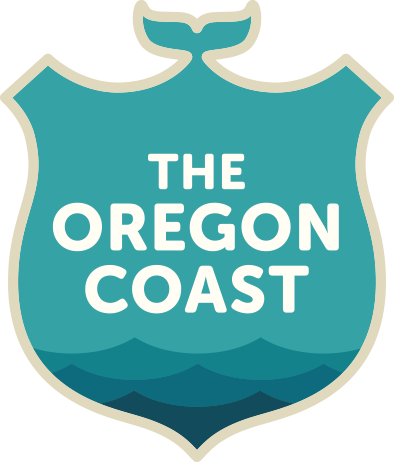Buying local seafood supports human rights
Buying local seafood supports human rights
TILLAMOOK – It’s been known for a long time that eating local is good for the environment, the economy and the health of the consumer. But recent reports are showing that human rights and the rule of law also are at stake when consumers make eating choices, particularly when it comes to seafood.
According to a 2022 report by The Outlaw Ocean Project, cell phone videos were found dating back to 2014 that capture dramatically the murder of multiple deckhands onboard vessels in international waters. It has been becoming well documented that in other countries individuals are often kidnapped and forced to work as slaves onboard vessels. Many times, those individuals are murdered once they have done the work that the captains want completed.
This is true for shipping and particularly commercial fishing overseas. One tuna long-liner, called the Indian Star, is owned by a Taiwanese company and flagged to Seychelles. It has a long history of violations, including forged licenses and fishing in forbidden areas. The Captain of that boat was convicted and sentenced to 26 years in prison for ordering the killing of several deckhands several year earlier.
A report by The New York Times published in September noted that many other countries’ fishermen and others are throwing false GPS coordinates to hide their actual locations. Chinese fishing fleets use technology to hide their operations in protected waters off South America. The same technology is used to conceal stops in Iranian oil ports, smuggling weapons and drugs and other illegal activities.
With international waters seemingly operating as the “wild west,” one way to discourage such behaviors and eliminate human rights violations on the open sea is to be diligent about supporting Oregon seafood.
A recent study commissioned by the Oregon Coast Visitors Association – the destination management organization serving the entire Oregon Coast from Washington to California – found shockingly that about 90 percent of the seafood consumed on the coast is imported from other distant domestic and international sources.
In response, OCVA has launched the Ocean Cluster Initiative – a United States Department of Agriculture-funded program entitled “Capturing Value by Keeping Seafood Local” – to help combat that trend. The initiative aims to help the Oregon Coast’s communities capture more economic and environmental value from the local seafood catch.
Food production makes up a quarter of all human-caused greenhouse gas emissions, and each year seafood continues to be sourced further from where it is consumed. By shortening supply chains and connecting local producers, harvesters, retailers and consumers, Oregonians can boast a more climate-friendly food industry. Sourcing Oregon’s seafood within the state saves on transportation costs and time, as well as seafood-related reduce carbon emissions by 76 percent.
While Oregon’s top-quality products tend to be exported, the state imported about $105 million in seafood in 2021. This causes significant economic leakages, harming most smaller entities involved, including local fishers, processors, distributors and consumers.
Oregon Coast visitors spend about $840 million on food stores and food services annually, according to a 2019mDean Runyan and Associates study. This contributes tremendous amounts of new money to our local economies. A more recent 2022 study – “Oregon Coast Synthesized Seafood Distribution Chain Model Project” by Hans Radtke and Shannon Davis – identifies that Oregon has a unique opportunity to increase the added value to local seafood and, along the way, create more living-wage jobs and reduce the carbon footprint of our food by increasing local seafood in Oregon Coast markets.
It's not just an environmental issue, as the recent reports have called out. Buying local products discourages acts of piracy, human rights violations and a number of other crimes that have become rampant out on the international high seas. It also supports jobs right here in Oregon.
“Oregon’s fisheries are the lifeblood of our coastal and tourism economies – supporting jobs that families rely on and supplying communities across our state and around the world with exceptional products and experiences,” Sen. Jeff Merkley, D-Ore., said. “I’m thrilled the USDA has recognized the important work the Oregon Coast Visitors Association does for both Oregon’s fishing and aquaculture industry, as well as our great state’s tourism industry. The grant OCVA has received will support its important work, helping to establish and strengthen the much-needed infrastructure for our fisheries to efficiently operate and thrive, and help our tourism industry bounce back stronger than ever.”
For more information about the program, those interested can go online to https://www.OregonSeafoodMatters.org.
